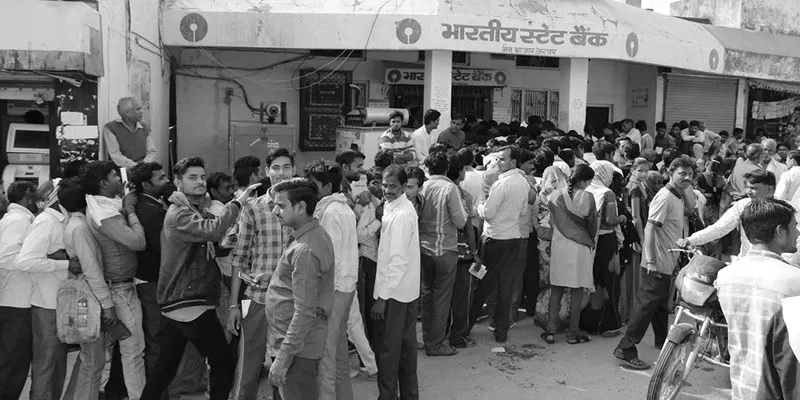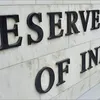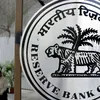RBI asks banks not to count failed transactions and balance enquiry as 'free ATM transactions'
Banks provide a certain number of free transactions at ATMs to their customers and impose charges beyond that number.
The Reserve Bank of India on Wednesday asked banks not to count failed transactions at ATMs due to technical reasons as part of "free ATM transactions" permitted every month.
Besides, use of ATMs for balance enquiry and fund transfers too should be not part of the free transactions facility given to a customer.

Banks provide a certain number of free transactions at ATMs to their customers, beyond which they impose charges.
The RBI's clarification in this regard comes after it has come to notice of the central bank that transactions that have failed due to technical reasons, non-availability of currency in ATMs are also included in the number of free ATM transactions.
"It is hereby clarified that transactions which fail on account of technical reasons like hardware and software issues, non-availability of cash, and any other reason attributable to the bank should not be counted as valid ATM transactions for the customer.
"Consequently, no charges therefor shall be levied," the Reserve Bank said.
Further, non-cash withdrawal transactions (such as balance enquiry, cheque book request, payment of taxes, funds transfer), which constitute 'on-us' transactions (when a card is used at an ATM of the bank which has issued the card) shall also not be part of the number of free ATM transactions.
Last week, the RBI also announced the creation of a central payments fraud information registry, which could ensure quick and systemic responses in cases of financial frauds.
At present, there is a mechanism in place for banks to report all banking frauds to the Central Fraud Monitoring Cell of the Reserve Bank and the proposed dedicated registry will further enable this process.
The central bank said with the digital payment ecosystem making substantial progress in terms of growth of the payment infrastructure, as well as volume and value of digital payment transactions, fraud risk monitoring and management by the stakeholders, have assumed added importance.
(Edited by Evelyn Ratnakumar)









